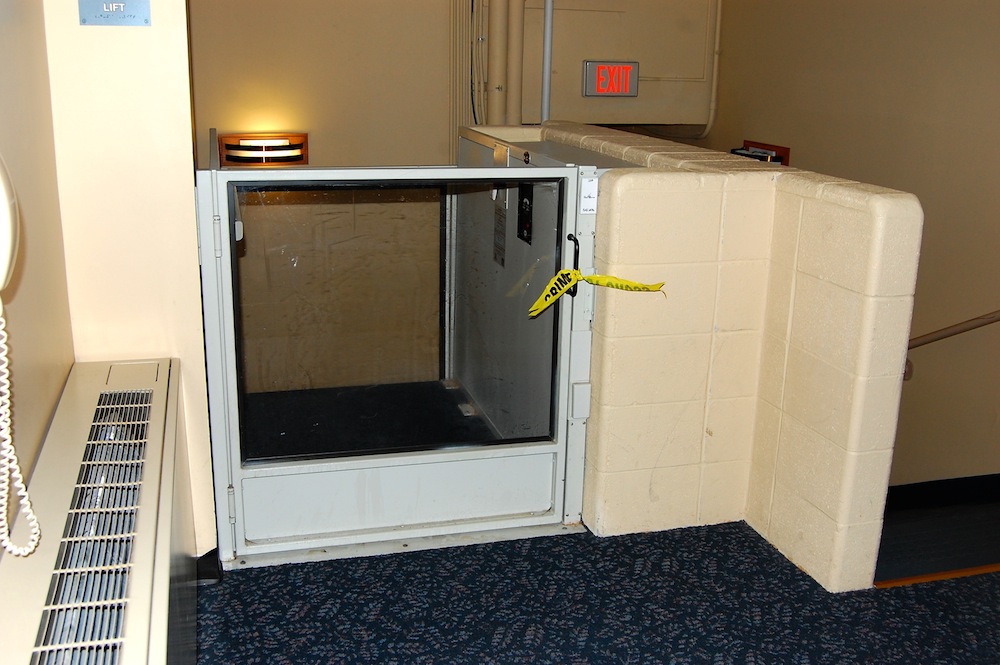In my last post, I wrote about a sexual assault I survived in college back in the 1980s. I wanted to share that story because of the conversations that are finally happening around campus sexual assault and around Bill Cosby’s alleged attacks on numerous women over the past 50 years.
I feel a particular affinity for Cosby’s victims because the assault of me (somehow I can never say “my assault” — it’s not mine and I don’t want it) was facilitated by the use of an unknown drug. Thanks to the effects of the drug, my process of recognizing what happened and integrating the scraps of memory I have about the attack has been very long, 25 years.
My active work to reclaim and integrate this attack has taken about two of those years. That work has included Myofascial Release (MFR) therapy, reading, internet research, and writing. I’ve written a lot about it in the past couple of years, first trying poetry, then fiction, and finally essays. Writing about it didn’t help, however, as none of these genres could get to the core of what happened, which was an immobilization of and assault on my body, as well as a theft of my memory.
Occasionally during this work, especially after an intensive MFR session, I would spend a day paralyzed, unable to move farther than the bed or couch, blanketed in terror. When I experienced one of these days of paralysis back in September, I pushed myself again, futilely, to try to write the story down. Frustrated and fearful, I went to bed that night with a demand of the Universe: “Give me a way to integrate this.” I did not say “Please.”
The next morning I received an email from an artist friend, Nicki Werner. She has a year-long position as an art professor at my alma mater, filling in for someone on sabbatical, and was planning to run a series of artists’ residencies while she was there. Would I come stay for a few days, develop a performance piece, and talk with students about my work?
I laughed out loud. “Uh, thanks there, Universe, for the timely response.” I had been trying to write a body-story — through poetry and prose — and failing. Of course performance art, an embodied form of writing, would be the way to approach that story. Of course.
Then began the trembly sweating. The idea of sharing my story, of returning to the very campus where it happened, was frightening. And what if it didn’t help? Or worse, made me regress? But this opportunity was exactly what I had asked for, right? I told Nicki yes.
We set the residency dates for November and over the next few weeks I wrote the outline of a script for a 15-minute monologue with props and movement. I decided to call it “Please Report,” a play on the “police report” I was never able to file and an exhortation to survivors to, please, tell someone, even if unofficially. With the idea that I was returning to the scene of the crime, I ordered a roll of that yellow tape the police use to mark off investigation sites, without being entirely sure what I would do with it.
It was creepy to be back on campus. I walked a lot, looking for landmarks that matched my memories of the day of the rape. I made an appointment with the college archivist, seeking maps, phone directories, and college news stories that would help me fill in some blanks in my script. I rehearsed and revised, spending four days immersed in the story.
The night of the performance, Nicki’s big living room was filled with students and staff. Although the performance’s title was on the promotional materials, no description had been offered. I prepared a program, with a trigger warning and brief mention of the topic, and during Nicki’s introduction we gave people the opportunity to step out if they needed to. No one did.
The performance went smoothly for me. It was rough on the audience members, though, and some of them were crying by the end. I closed the piece by “graduating” myself from the story and from the college, finally, after 25 years, and handed out “diplomas” tied with yellow crime scene tape. The diplomas were actually instructions about how to participate in the “Please Report” performance, using the strip of tape to mark places in and around campus where rape or sexual harassment had occurred.
After the performance, I received a couple of photos and I’m sharing them here with permission. If you also want to participate in “Please Report,” you can find the instructions in the Please Report diploma. (You can use any yellow fabric or paper in place of the actual piece of “Crime Scene — Do Not Cross” tape that I handed out at the performance.)

Crime Scene – Do Not Cross
As I noted in my prior post, the barriers to reporting sexual assault are enormous. The barriers to the timely reporting of drug-facilitated sexual assault are almost insurmountable. The Cosby victims have reported, some of them many years after the fact, but they have put their stories on record in the hope of finding some peace. I’m reporting now. I encourage you also to please, report. #PleaseReport

“When I pulled back, he put his arm around me, rubbing my shoulder with his thumb. ‘It’s ok,’ he told me, ‘maybe you’re just not ready yet.’ In the next month and a half, he showed up at my room half a dozen times, each time expecting me to be ready.”
Jennifer,
Thank you for sharing the memory work you have done in healing. I admire your great courage and trust in yourself and the Universe in moving towards integration and healing, especially when it has been scary and confusing.
Best, Linda